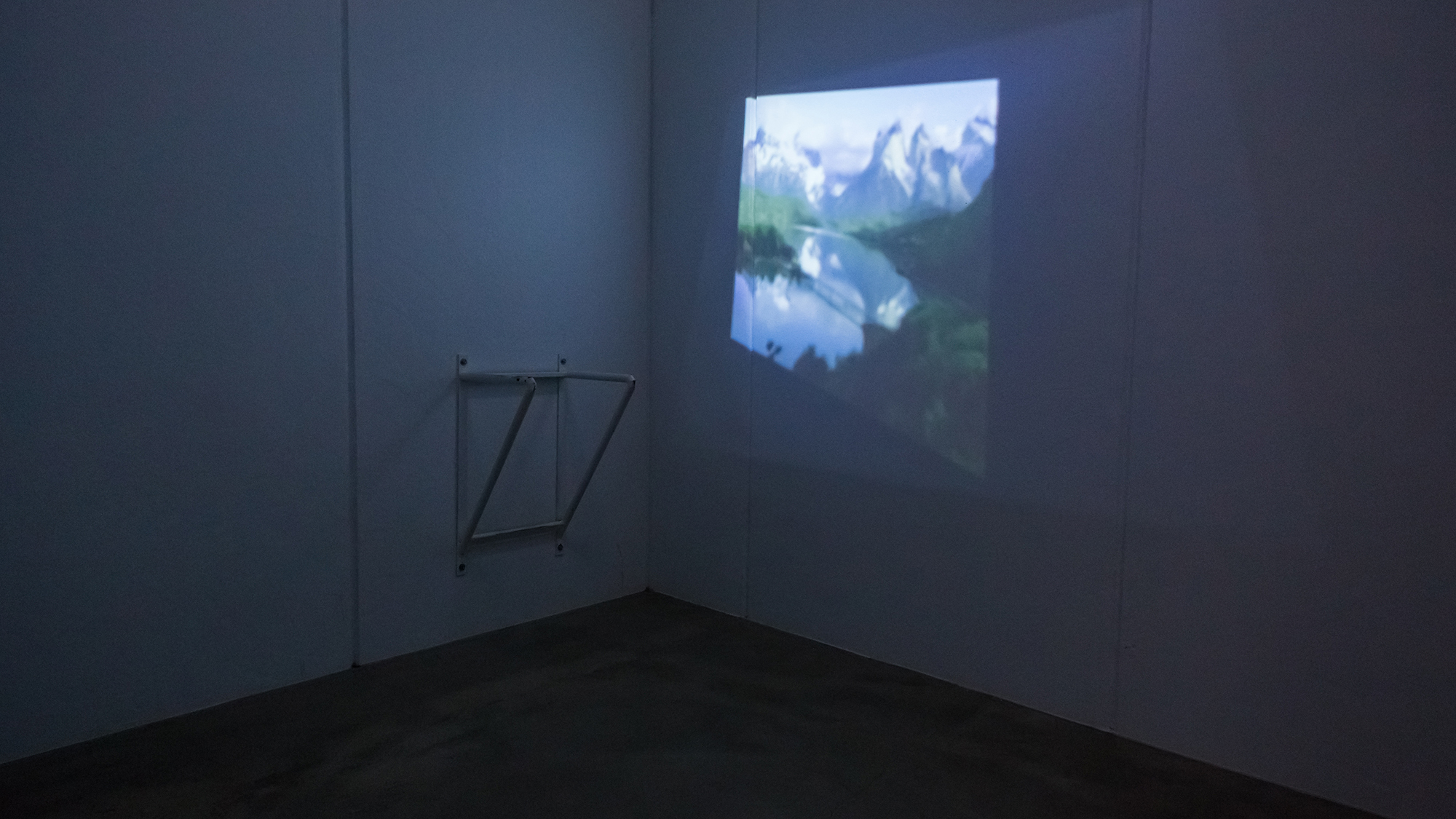
Excerpted from At the U.
A new study from University of Utah researchers finds that exposure to nature imagery or nature sounds decreased physiological signs of stress in the incarcerated, and spurred their interest in learning more about the habitats they experienced.
The findings from the study, published in Ecopsychology, could be put to use to benefit the physical and mental health of the incarcerated, says Nalini Nadkarni of the School of Biological Sciences.
“Findings from this study also help us understand how providing nature or nature imagery might be beneficial for other nature-deprived populations,” she says.
For the new study, Nadkarni and her colleagues including Sara Yeo, associate professor in the College of Humanities and James Ruff, associate instructor in the School of Biological Sciences, met with 71 men in medium or minimum security blocks in the Salt Lake County Jail. After a survey about their opinions on science and nature, the participants viewed and listened to three-minute segments of video and audio of four different nature habitats: forests, mountains, oceans and streams. The researchers call these sessions “virtual nature experiences.”
The researchers monitored the participants’ stress level throughout. The participants reported feeling less stressed after the virtual nature experiences, and the physiological measurements backed that up. Nature exposure measurably decreased their stress.
At the end of the experiment, the researchers asked participants how interested they might be in taking a biology or ecology course to learn more about the habitats they’d seen and heard. Overall, they were more interested in learning about nature after the experience. Yeo, who studies science communication, says this result is encouraging, as people who are incarcerated not only have limited access to nature but may have had limited exposure to science before their incarceration.
“And so it’s really hopeful to think that one can see these changes even among groups that are not necessarily selecting science, or that we maybe don’t think of as having an affinity for science,” she says. “It’s still important for us to try to share experiences with science, even in places where we normally wouldn’t.”
Sara Yeo is a GCSC faculty affiliate.
